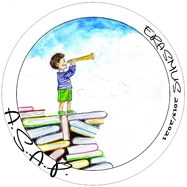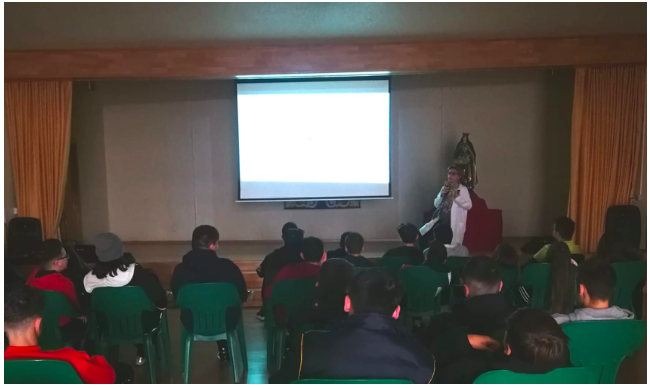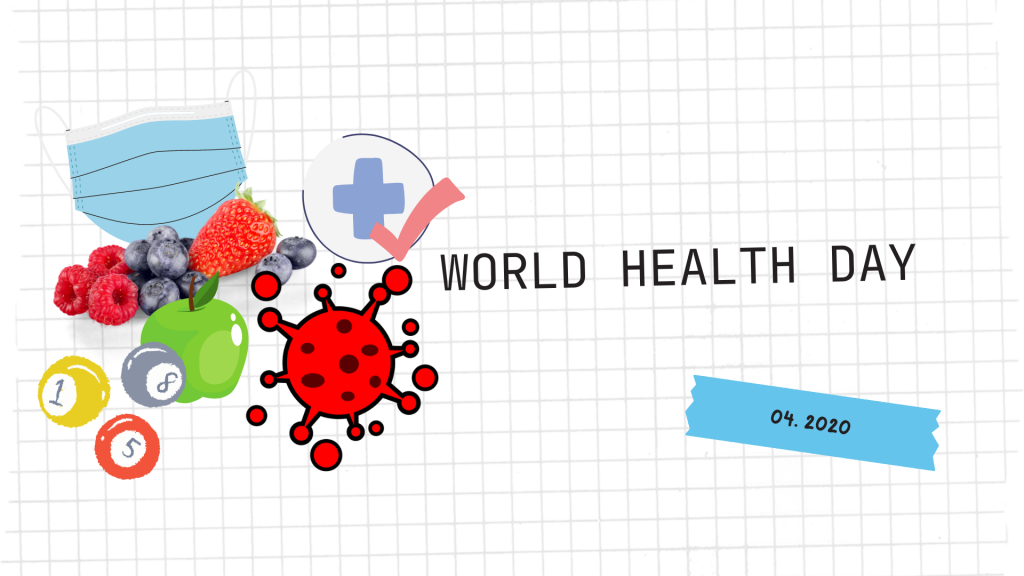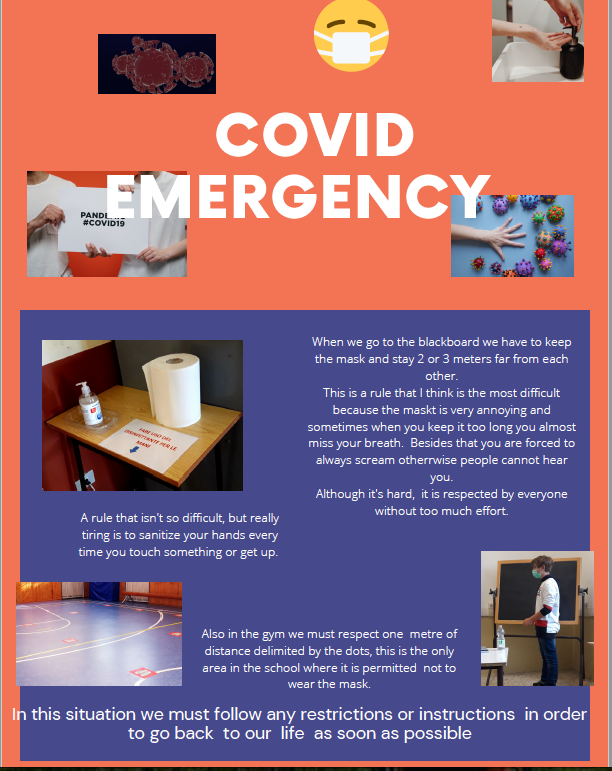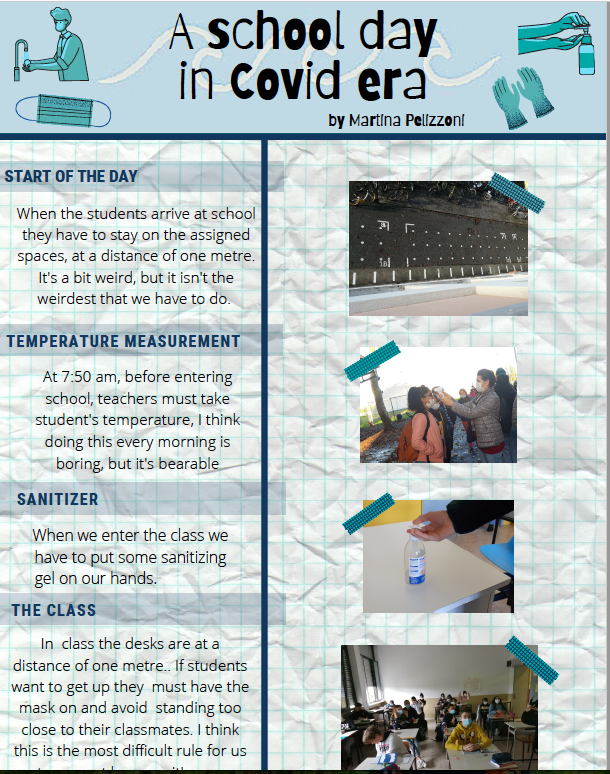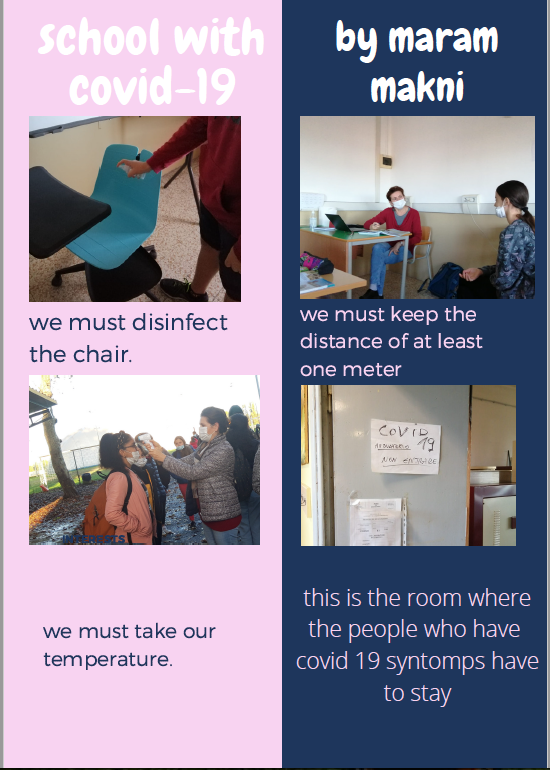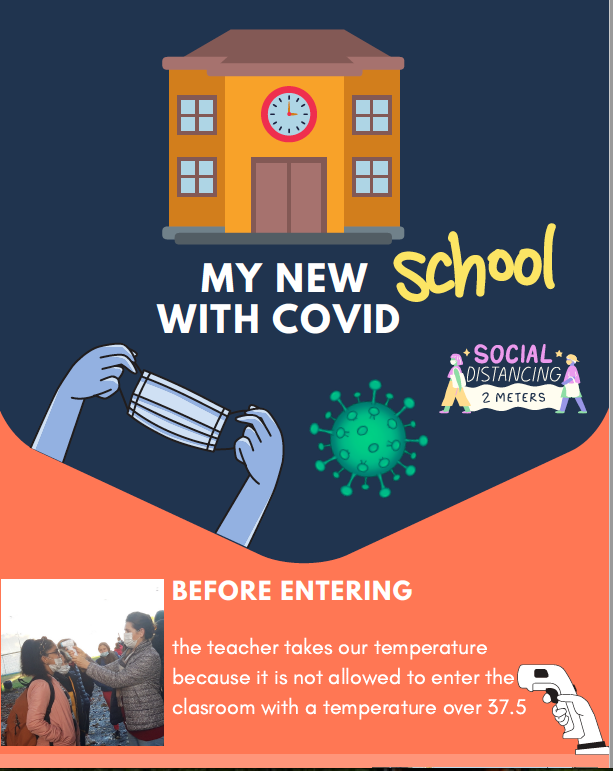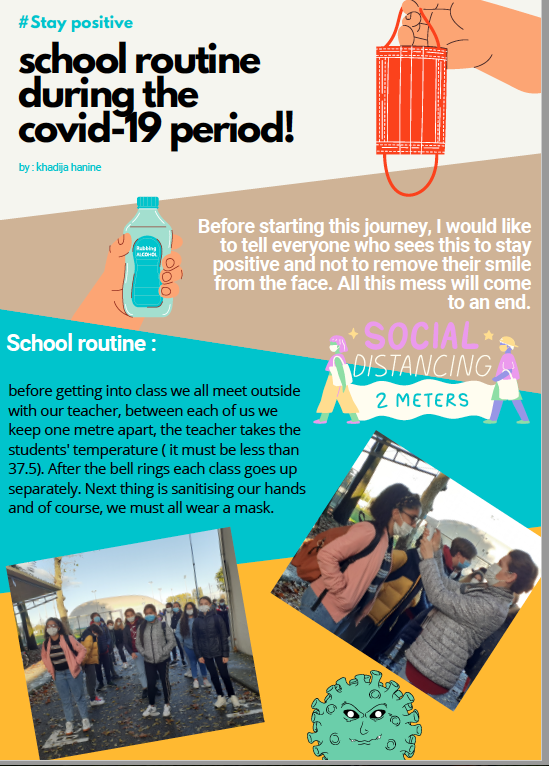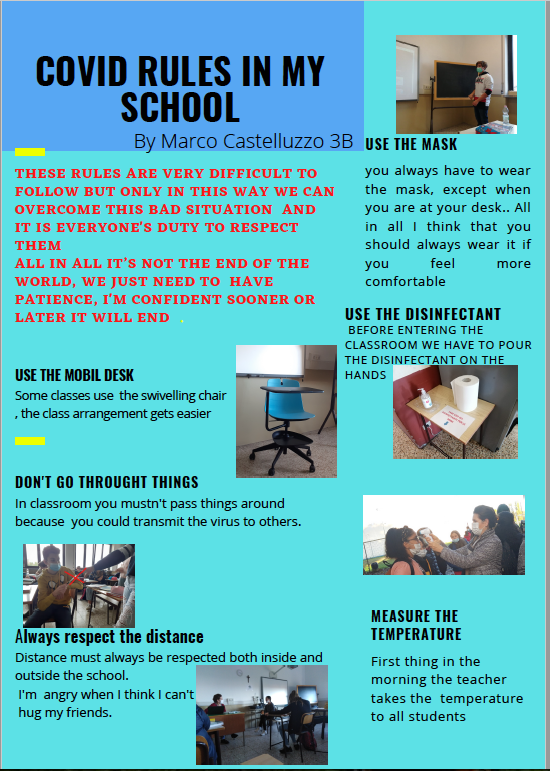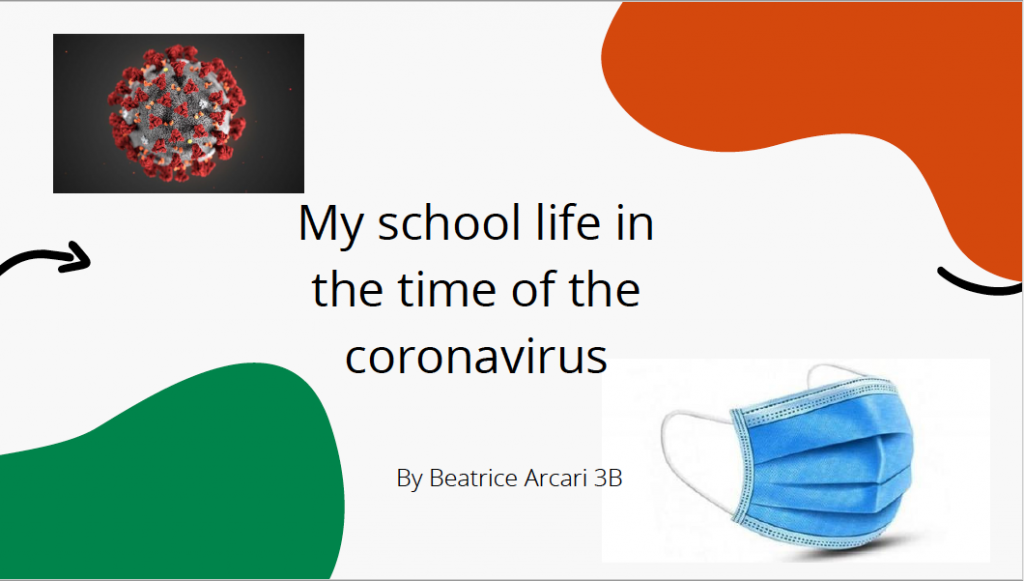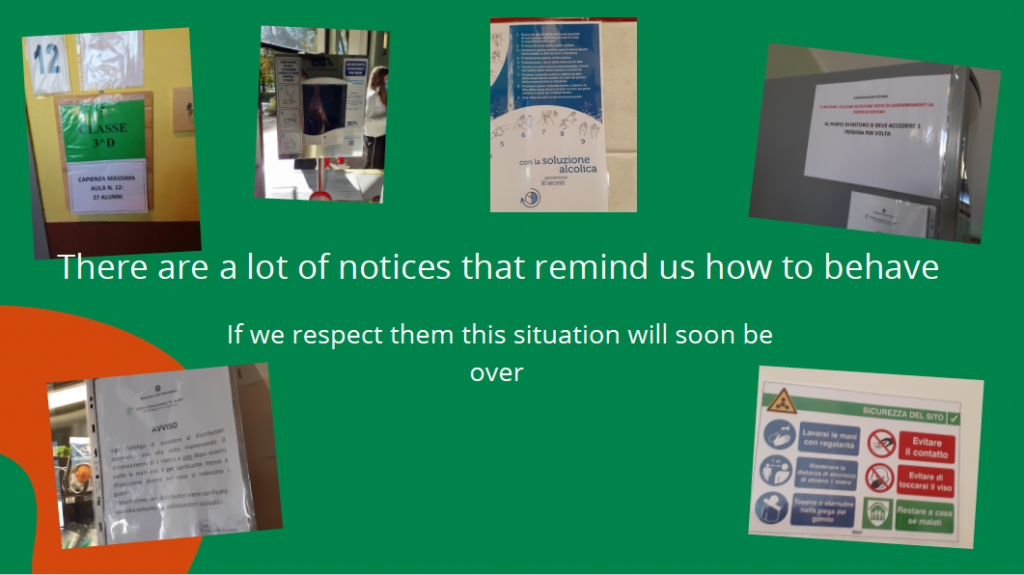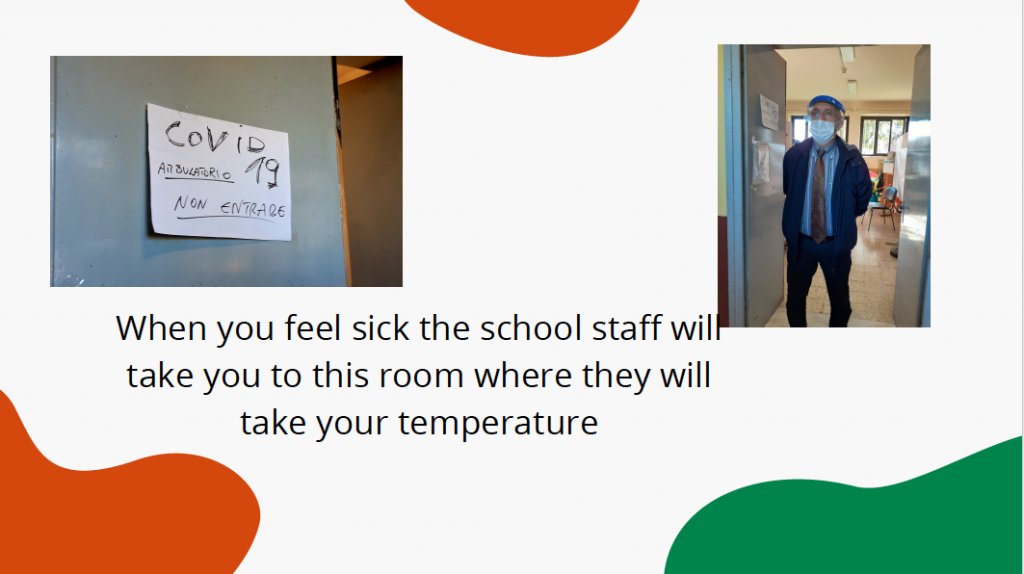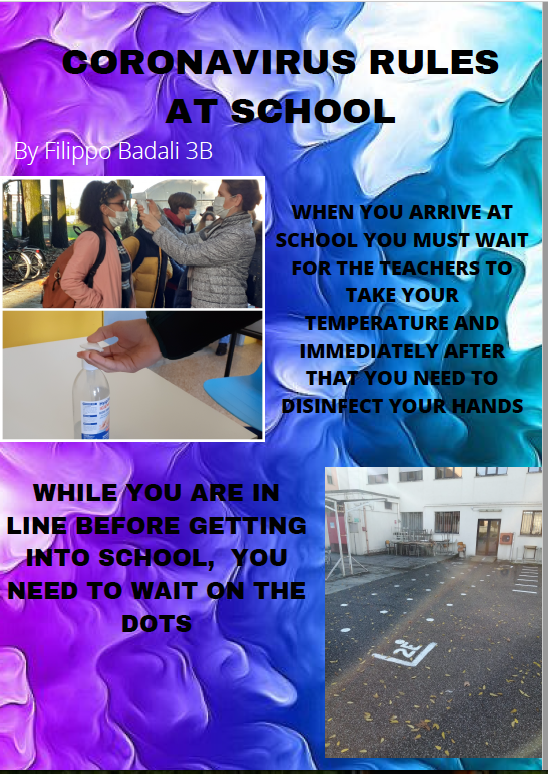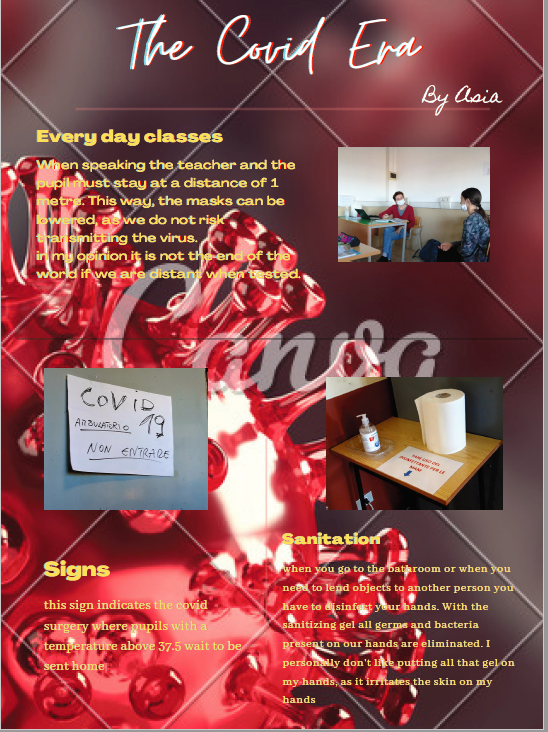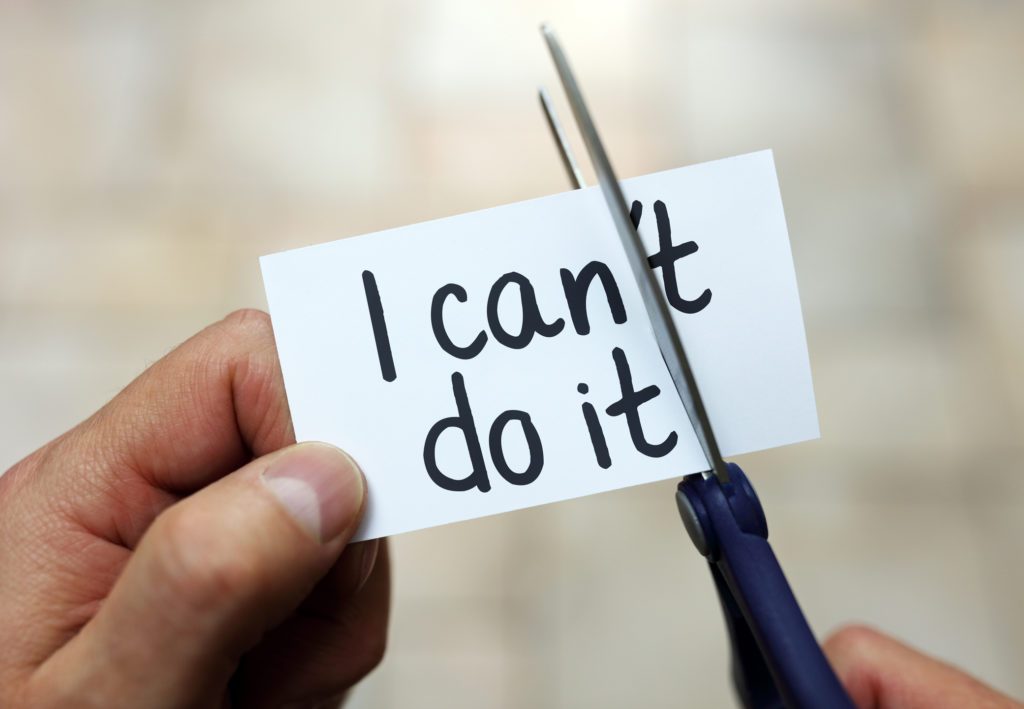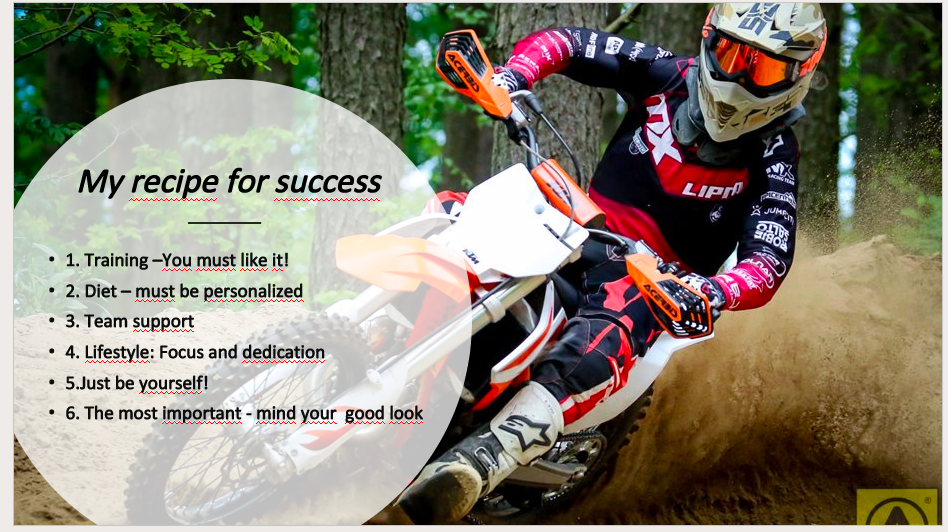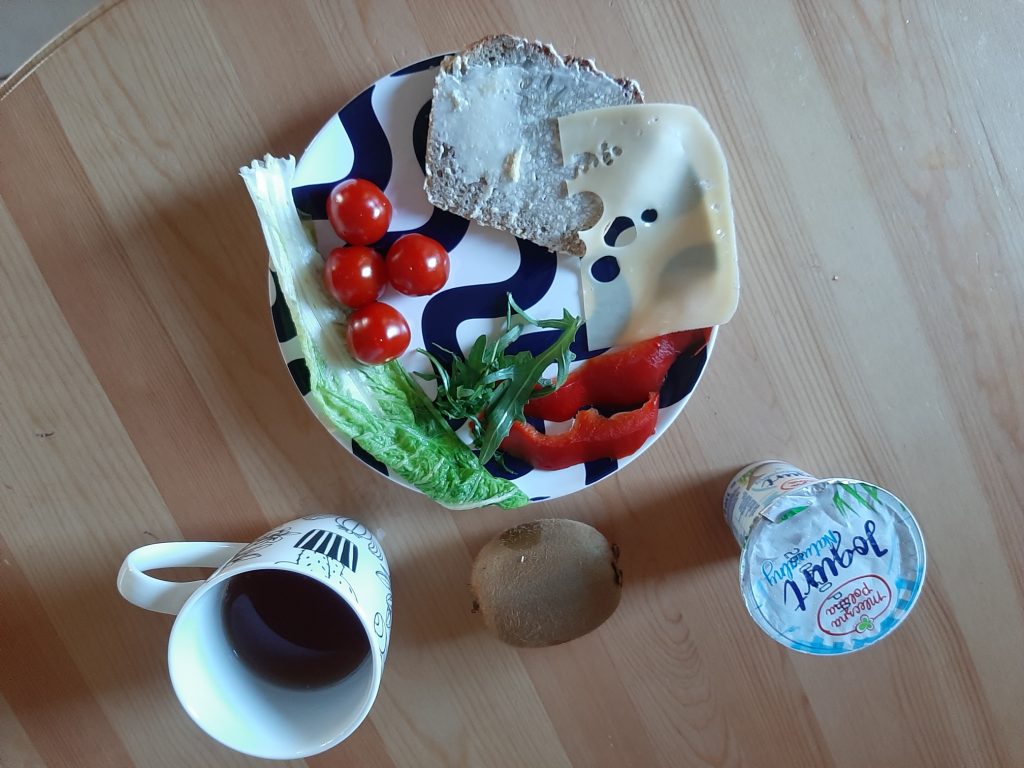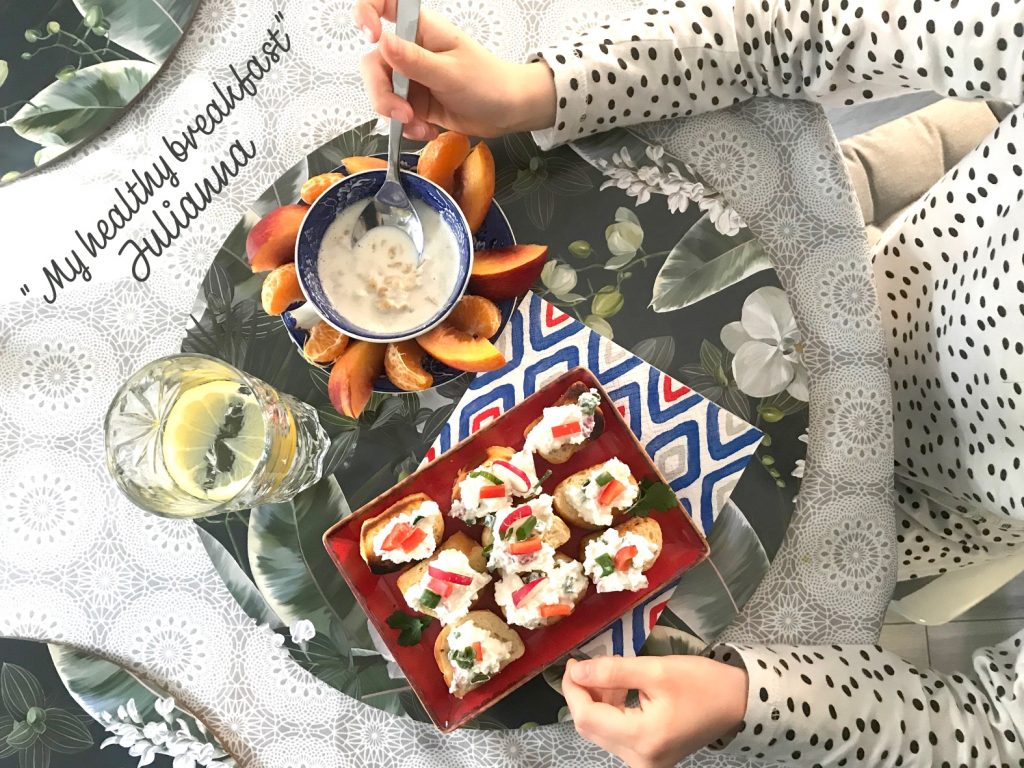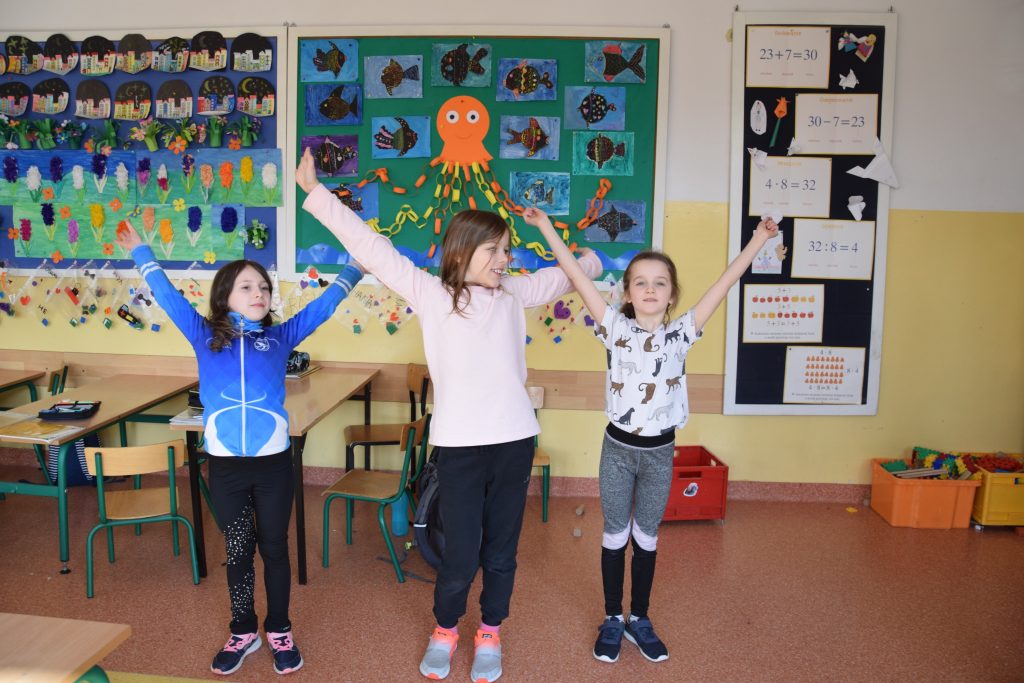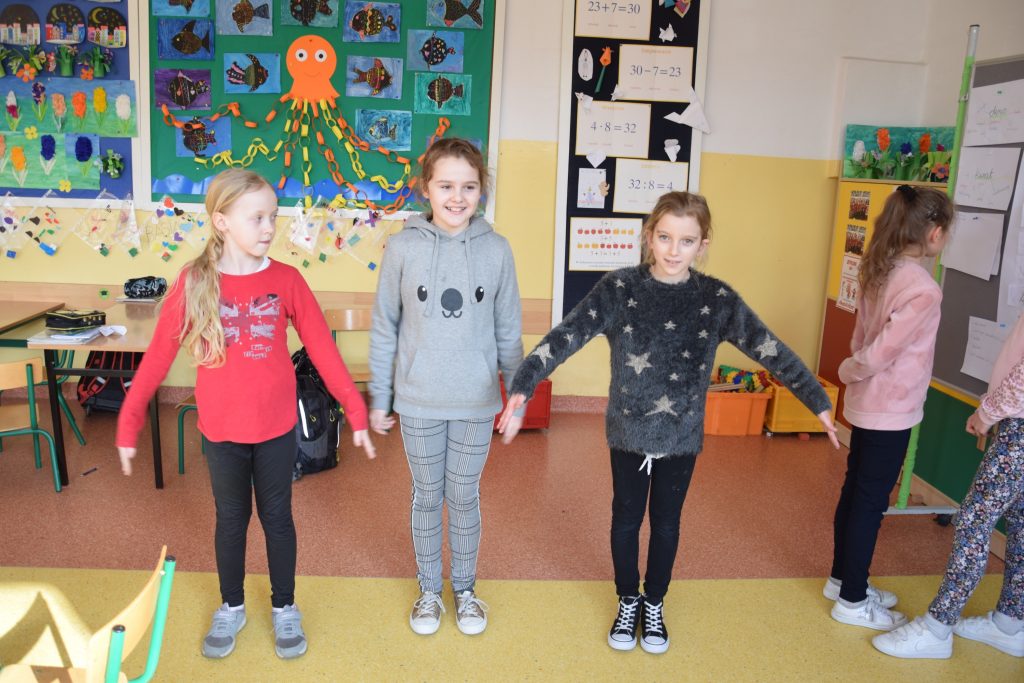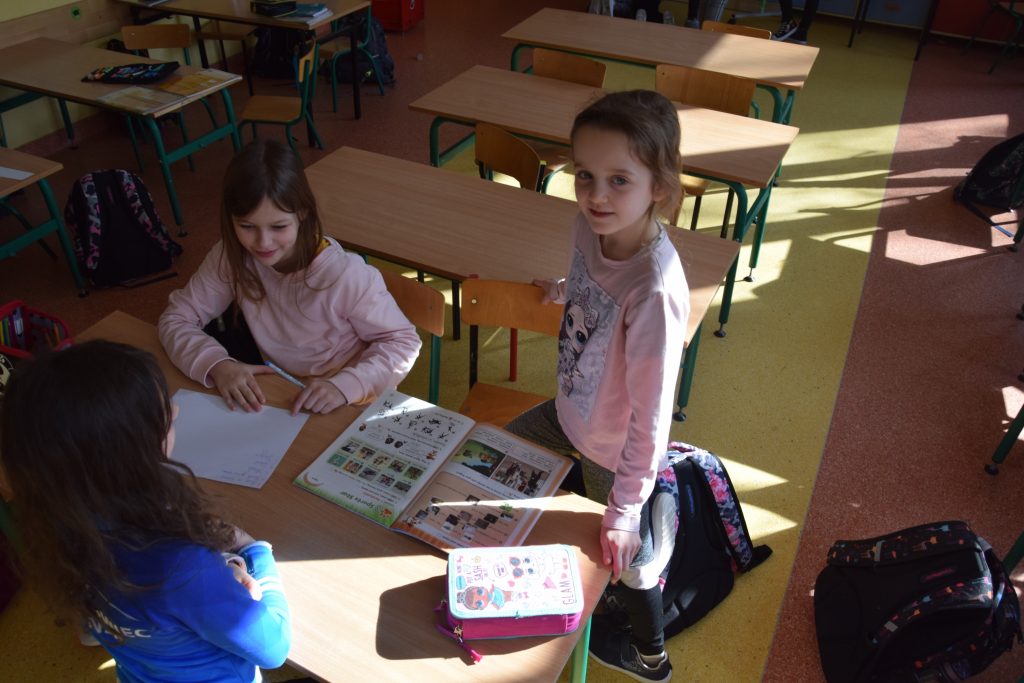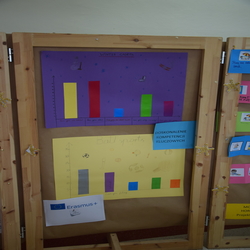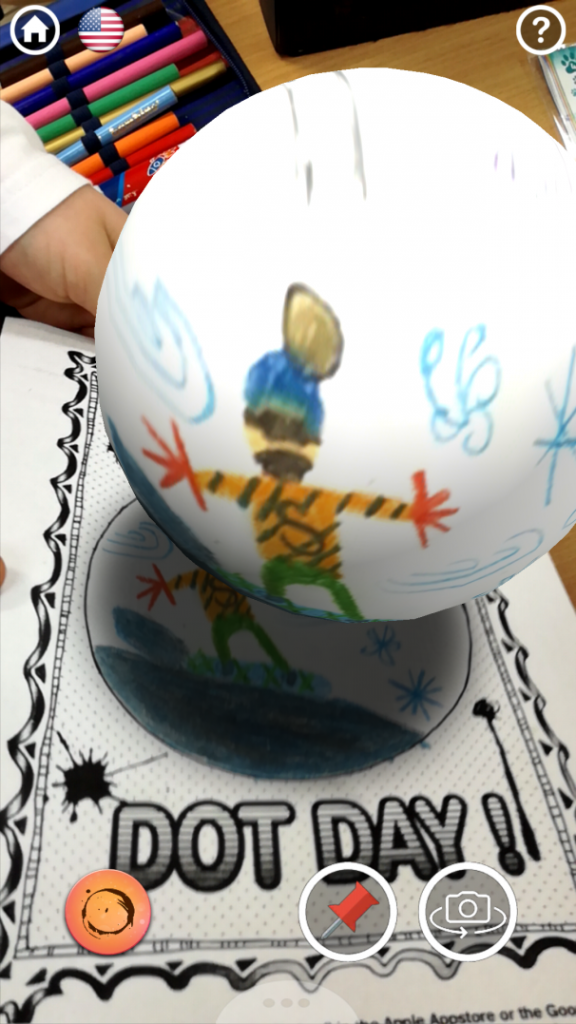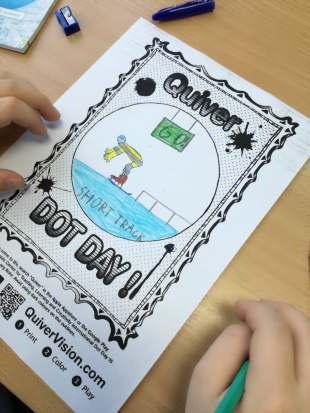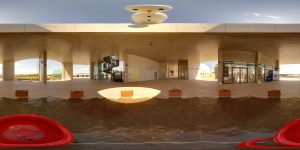Regular exercises cause remarkable changes to our body, our metabolism, our spirits and well being. It has a unique capacity to boost one’s stamina and rest at the same time, as it provides both stimulation and calmness. In order to promote sports each of the school prepared a dictionary of sports. Each of the team was in charge of one specific area, Italian – olympic sports, Spain – water sports, Portugal team sports and Poland – winter sports. Students had to brainstorm for terms, after that they had to design their dictionaries, find photos illustrating the disciplines, places where these sports are performed, name athletes and provide the examples of the necessary equipment. Next they swapped their dictionaries letting other students provide the words in their native languages. It allowed for collaboration, learning English words and comparing words in different languages.
The link to the dictionary:
http:// https://drive.google.com/file/d/1ibowBC-dZvTa76eLZltJO0NvOzQjkfhr/view?usp=sharing
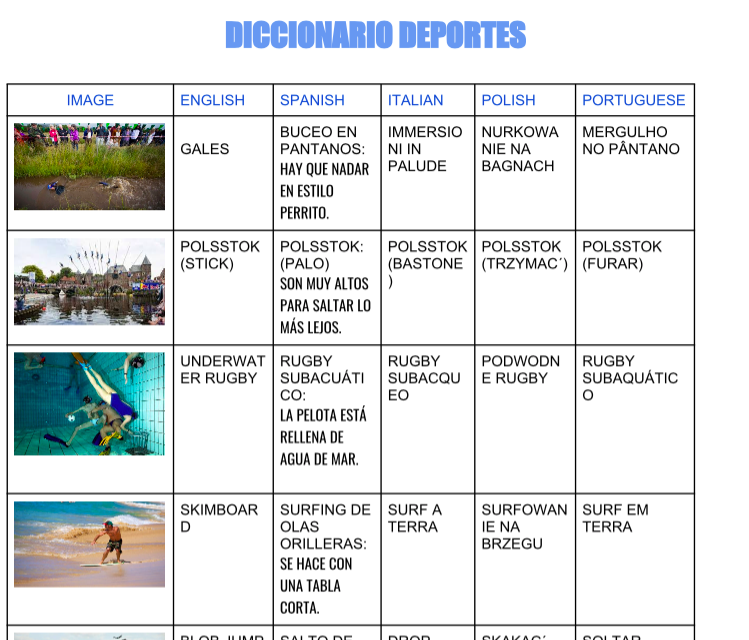
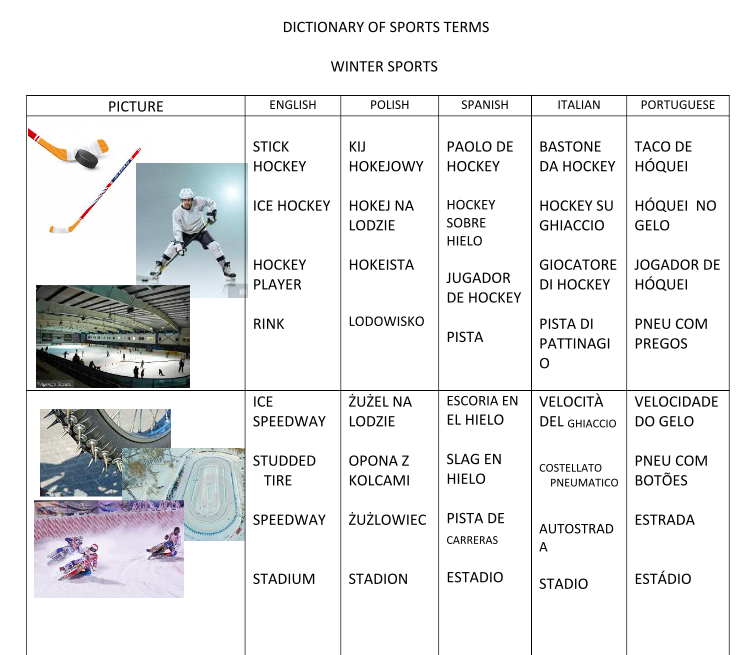
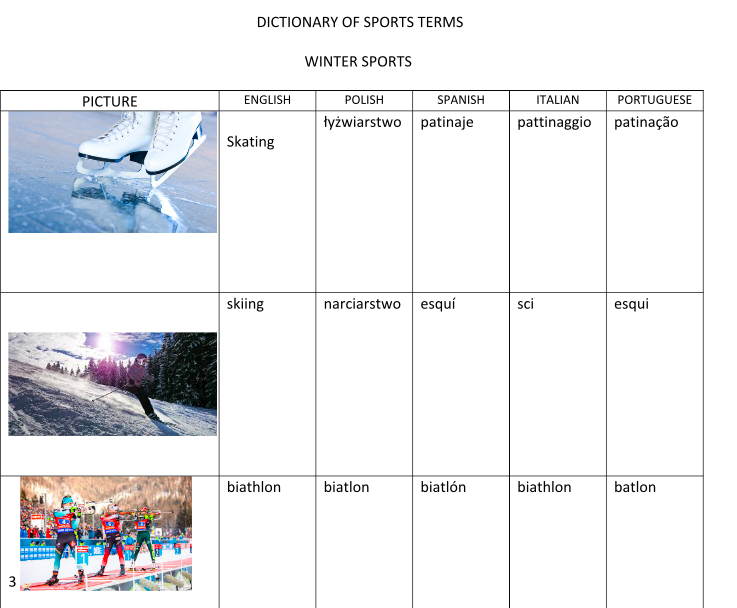
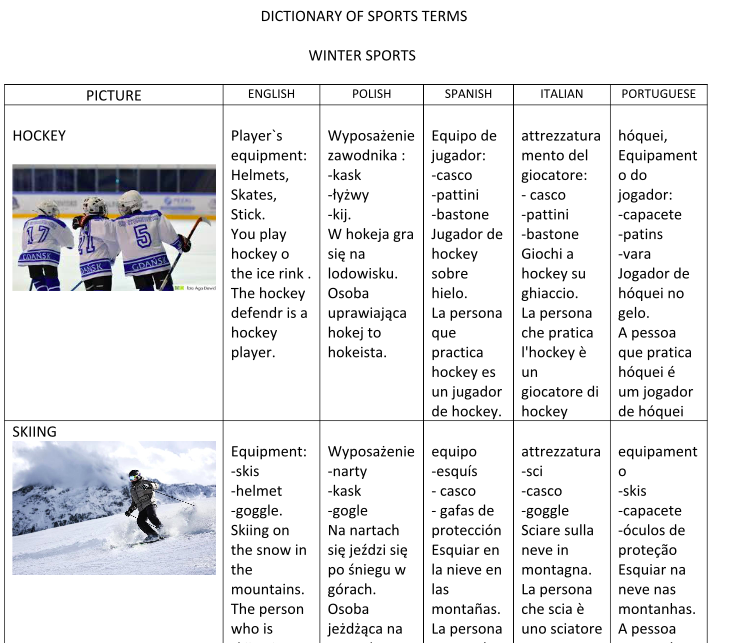
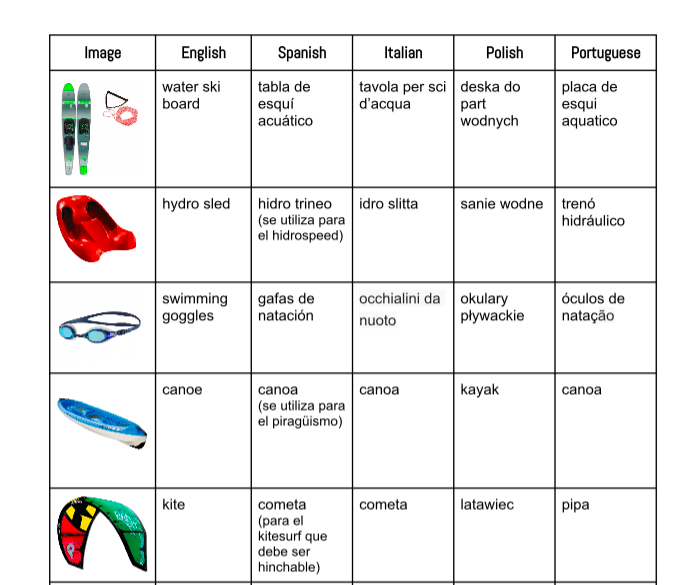
Apart from the dictionaries students made also quizzes about sports and they played an escape room game about sport disciplines.
We also prepared the mini – biographies of our favourite athletes.
The link to the collection: https://padlet.com/tambelli_sylwia/ygkiker5qs1kyk7p
